Posted at 06:00h in
General by admin Investing in a Future for Asia’s Young Women
By KRISTIANO ANG
This article was originally published on the New York times website on September 1, 2013. For the full article please click https://nyti.ms/17H6TZb

SINGAPORE — Mari Sawai and Mario Ferro, who graduated in 2009 from the Masters in Development program of the London School of Economics, founded Wedu last year, a program to help women in Southeast Asia gain access to higher education through microfinancing, mentorship and counseling.
Their aim, they say, is to apply private sector investment practices to a nonprofit organization. In the 18 months since Wedu — an acronym derived from Women’s Education — conducted its first workshop, the organization has raised about $130,000, providing backing for just five students, but it plans to expand fast and to be working with as many as 1,500 students by 2017. The organization, which is registered in Britain but based in Bangkok, aims its outreach efforts at top high schools in developing Southeast Asia — that is, countries other than Singapore, Malaysia and Brunei, which are generally classified as developed. The target schools tend to have students with sufficient academic ability to go to university.


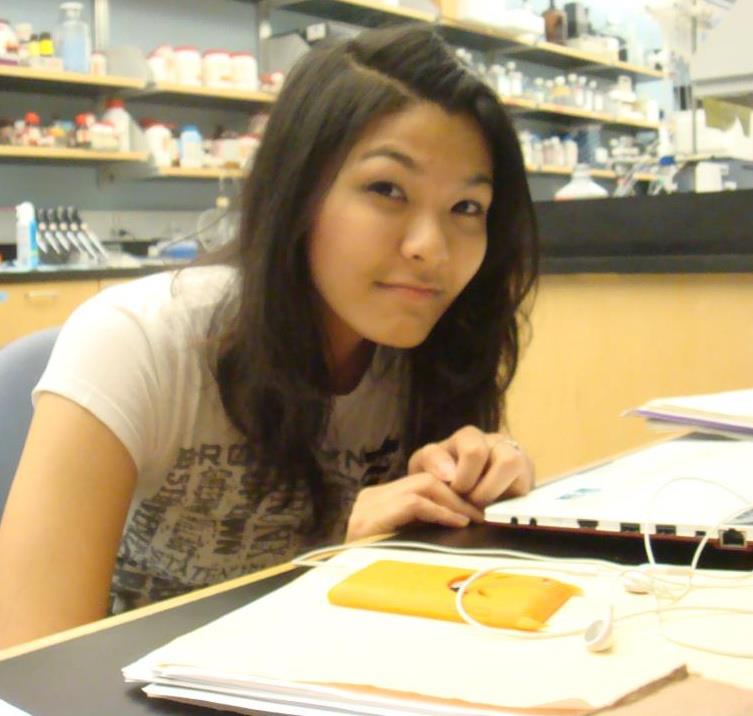
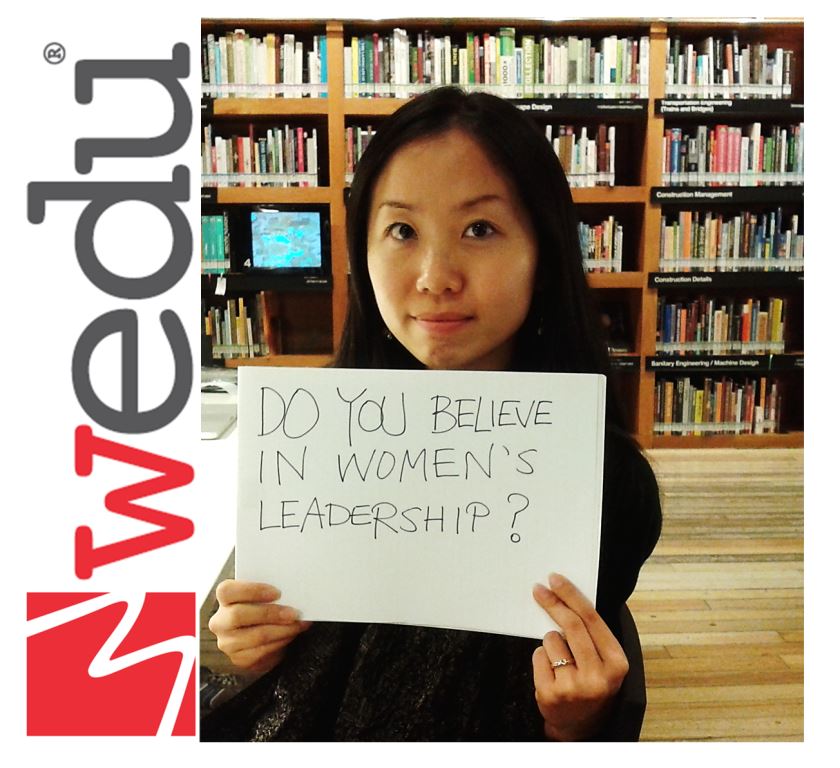

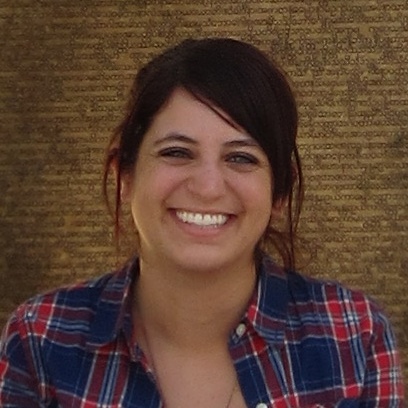
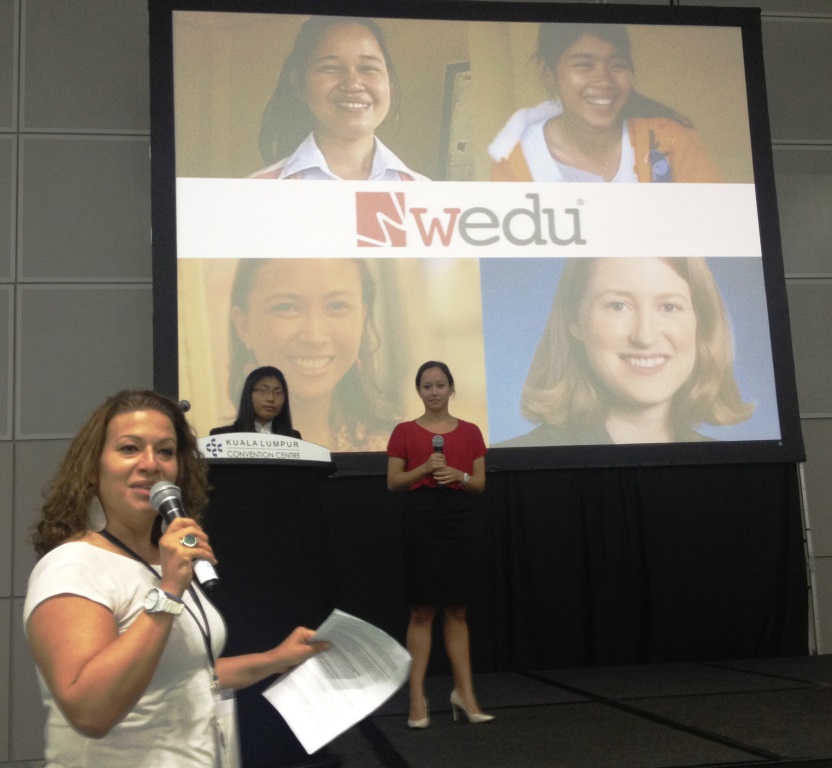
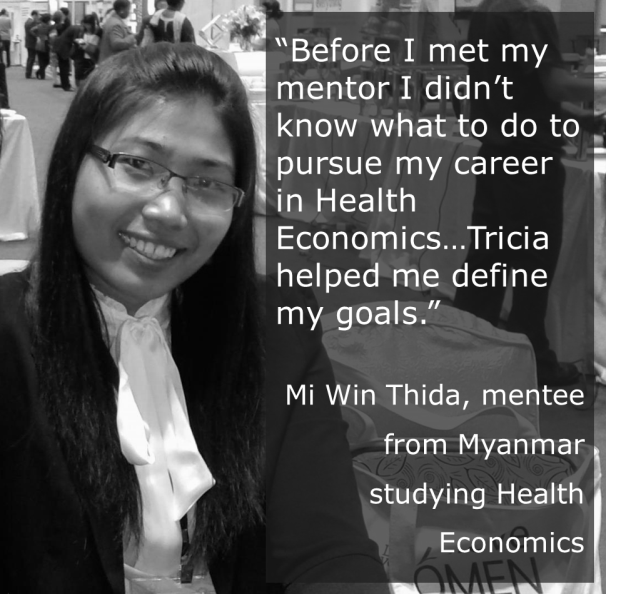

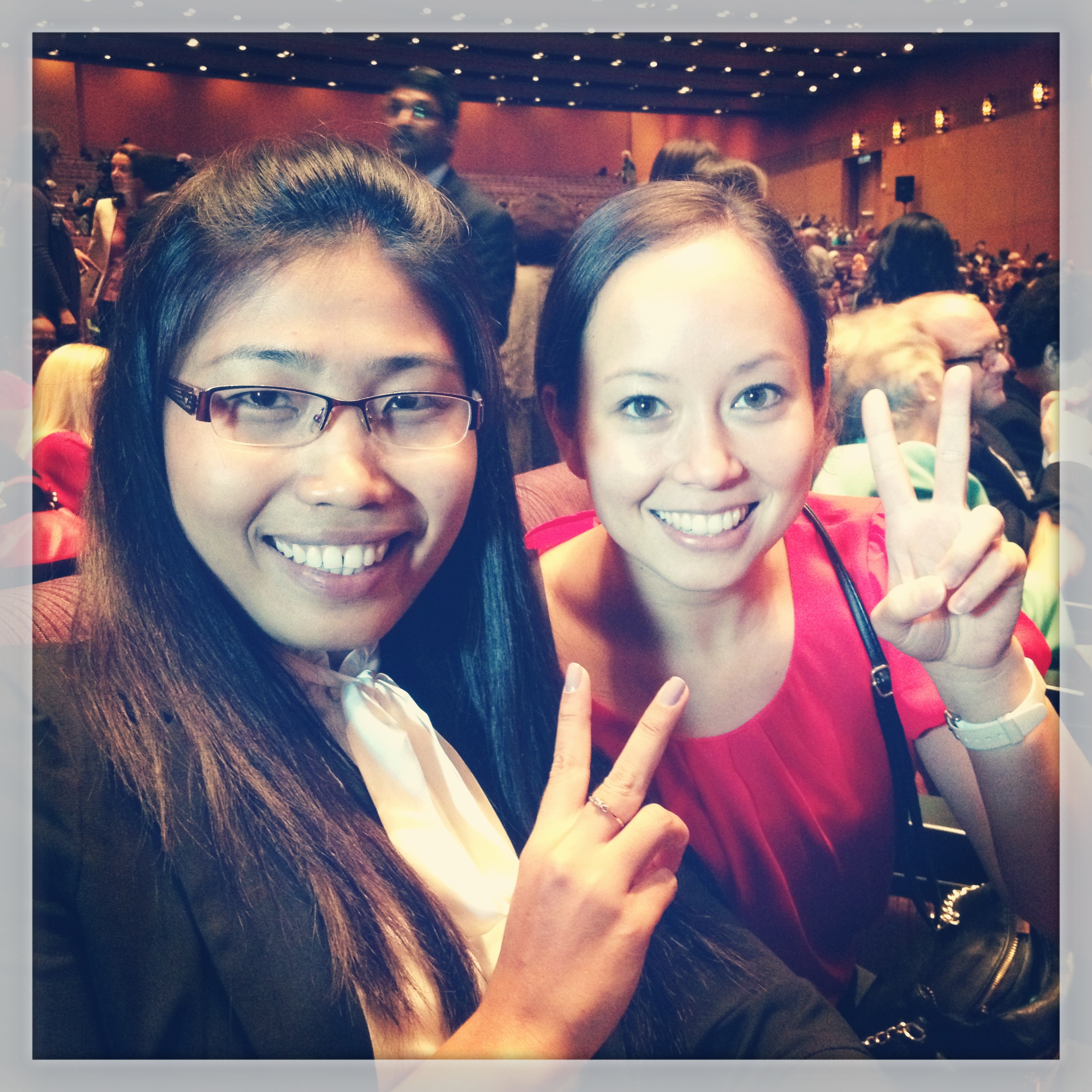
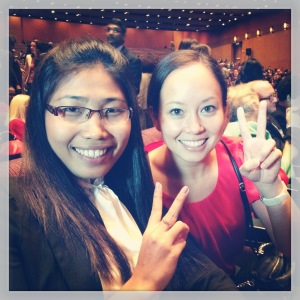
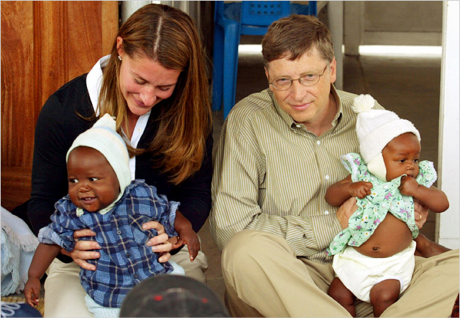

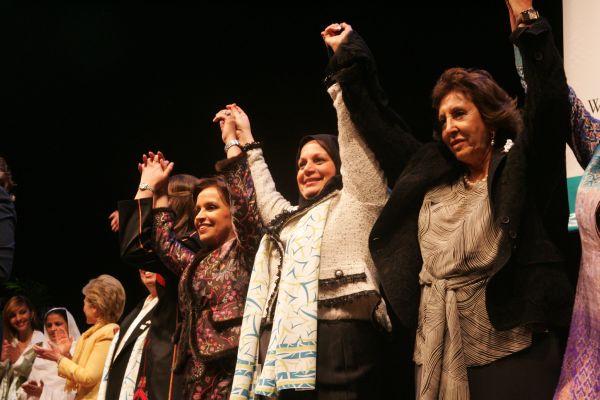
 Angela Merkel, Dilma Rousseff, Yingluck Shinawatra, Joyce Banda... Just to name a few of the incumbent female heads of government around the world. Compared to a century ago, women are gaining importance in both international and domestic politics as they are occupying various important positions in national governments and multilateral organizations. While it seems that more and more female politicians are rising in power, let us not be contend with the status-quo: only one-fifth of the seats in the parliaments are occupied by women worldwide, and the figure in Asia, Middle East and Pacific is even lower than the world average. Women, in today’s world, are still underrepresented in the political arena. What are the major obstacles that women face in political participation? According to studies, it is a complex issue as it can be traced back to a number of institutional, historical, socio-economic as well as cultural factors. UN Women found that in Bhutan,
Angela Merkel, Dilma Rousseff, Yingluck Shinawatra, Joyce Banda... Just to name a few of the incumbent female heads of government around the world. Compared to a century ago, women are gaining importance in both international and domestic politics as they are occupying various important positions in national governments and multilateral organizations. While it seems that more and more female politicians are rising in power, let us not be contend with the status-quo: only one-fifth of the seats in the parliaments are occupied by women worldwide, and the figure in Asia, Middle East and Pacific is even lower than the world average. Women, in today’s world, are still underrepresented in the political arena. What are the major obstacles that women face in political participation? According to studies, it is a complex issue as it can be traced back to a number of institutional, historical, socio-economic as well as cultural factors. UN Women found that in Bhutan,